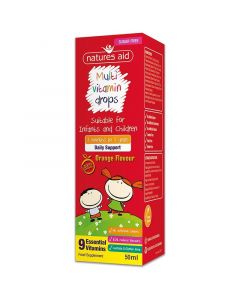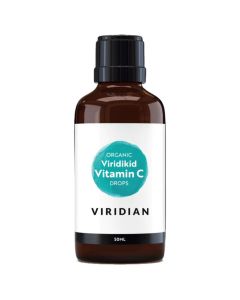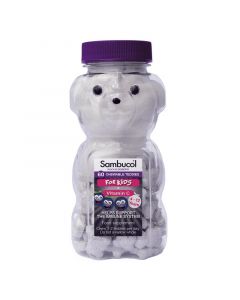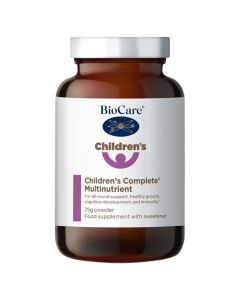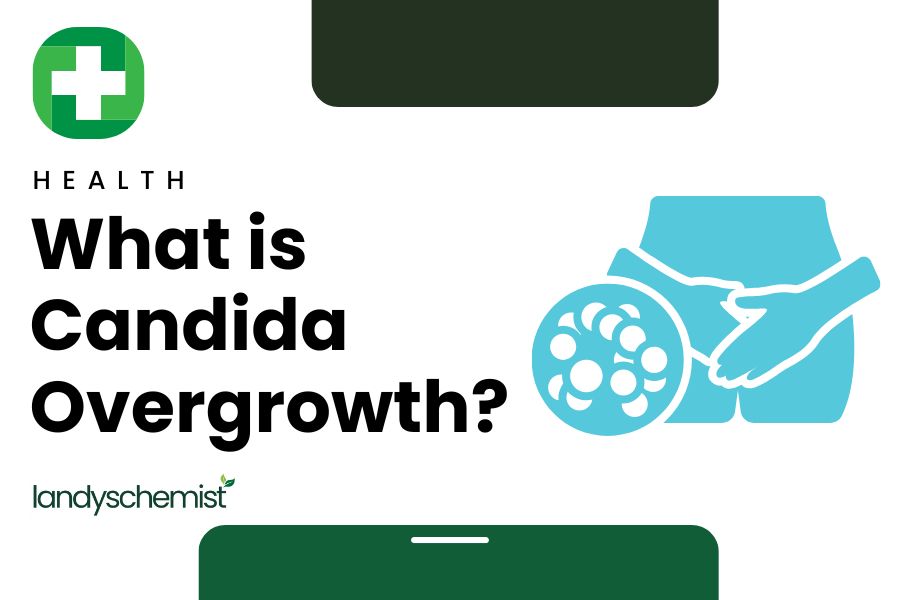
Best Vitamin Supplements for Kids
In an ideal world, all children would have a healthy and balanced diet that accommodates any conditions or special nutritional needs they have. However, in reality, some families may find it hard to access quality ingredients, plus children can often be fussy eaters, meaning parents may need to look to nutritional supplements to fill the gaps and ensure their children are getting everything they need to grow up healthy and strong.
What Vitamins Do Children Need?
Children, like adults, need a range of different vitamins, from Vitamin A to Vitamin K, as well as minerals and a selection of other nutrients. Recommended nutritional supplements for kids are often only for vitamins, as mineral deficiencies are rare, particularly if children are able to eat a varied diet.
The NHS website recommends all children aged 6 months to 5 years should take a daily vitamin supplement of: Vitamin A, Vitamin C and Vitamin D.
It should be noted that babies who are having 500ml of infant formula per day do not need these vitamin supplements as they are included in the formula. Babies who are being fed on breast milk will still need a vitamin D supplement, even if the breastfeeding parent is taking a vitamin D supplement themselves – vitamin D is a vital nutrient that many people in the West do not get enough of.
Vitamin A Promotes Healthy Skin And Good Vision
Vitamin A is important for children as it ensures a healthy immune system, promotes good vision and contributes to healthy skin. Vitamin A is naturally found in dairy, carrots, sweet potatoes, swede, mangoes, spinach, cabbage and broccoli. Green vegetables can be a source of contention for some children, making it hard for them to get enough vitamin A. This is where vitamin A supplements can be beneficial.
How Much Vitamin A Do Children Need?
The maximum daily vitamin A for children is based on age. It is recommended as:
- 600 mcg for children aged 1-3 years
- 900 mcg for children aged 4-8 years
- 1,700 mcg for children aged 9-13 years
Vitamin C Supports Immune Systems And Enables Iron Absorption
Children need vitamin C in order to maintain overall health, to support their immune system and, importantly, to absorb iron – iron deficiencies are more common in women, children and vegetarians and it can be caused by a lack of vitamin C to enable iron absorption.
Good food sources of vitamin C include strawberries, broccoli, peppers, tomatoes, kiwi and oranges.
How Much Vitamin C Do Children Need?
Based on age, daily vitamin C needs for children are:
- 400 mg for infants aged 1–3 years
- 650 mg for children aged 4–8 years
- 1,200 mg for children aged 9–13 years
- 1,700 mg for children aged 14-18 years
Vitamin D
We primarily get vitamin D from the sun, as there are few good food sources. Managing time in the sun is important, particularly for small children, in order to avoid skin damage. Children have more delicate skin than adults, babies even more so, which can easily be damaged by the sun's rays.
Some foods contain vitamin D, such as eggs and oily fish, but is it difficult to get enough from food alone. A combination of limited time in the sun plus a limited supply from food can lead to vitamin D deficiency.
How Much Vitamin D Do Children Need?
Compared to other vitamins, there is less variance in vitamin D needs based on age, as we need the same daily amount from 1 year old onward.
- 8.5 μg (micrograms) for babies less than 1 year old.
- 8.5 μg (micrograms) for children aged 1 or older
Best Vitamin & Multivitamin Supplements For Kids

There are plenty of vitamin supplements for kids to choose from, including multivitamins, which can simplify giving your child all the nutrients they need without having to rely on multiple supplements.
Kids’ vitamin supplements also come in drops and gummy form to make it easier for them to swallow. Drops are good for babies and children who find it hard to swallow tablets. Gummies are a great way to get kids excited to take their vitamin supplements.
We would recommend the following supplements:
We stock a range of vitamin and multivitamin supplements for kids and kids’ mineral supplements. Always speak to your child's GP or a nutritionist before starting to give them any supplements.
Disclaimer
The products offered are not intended to diagnose, treat, cure, or prevent any illness or disease, or replace the advice of a medical professional. Results are not guaranteed and may vary from individual to individual.

